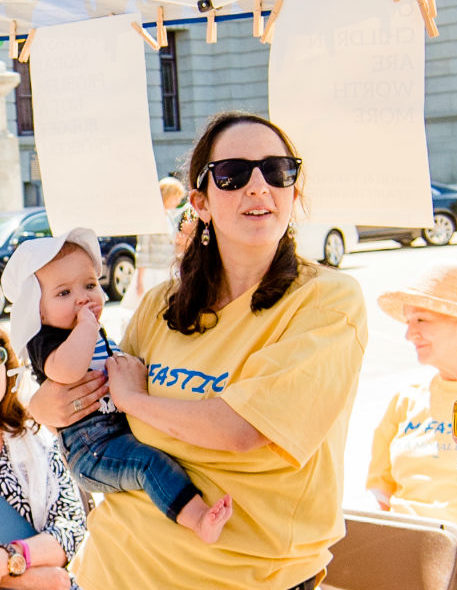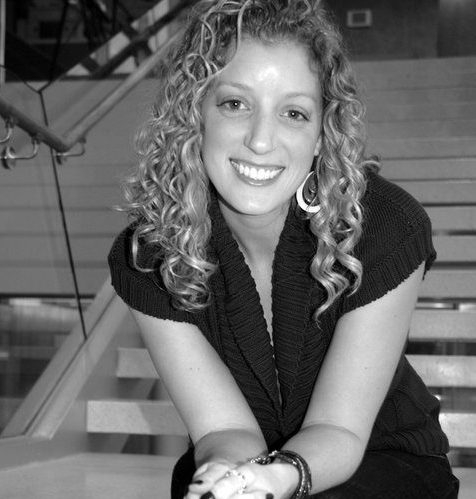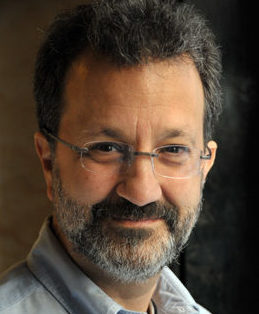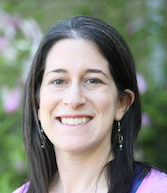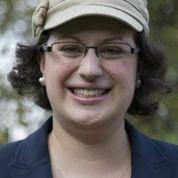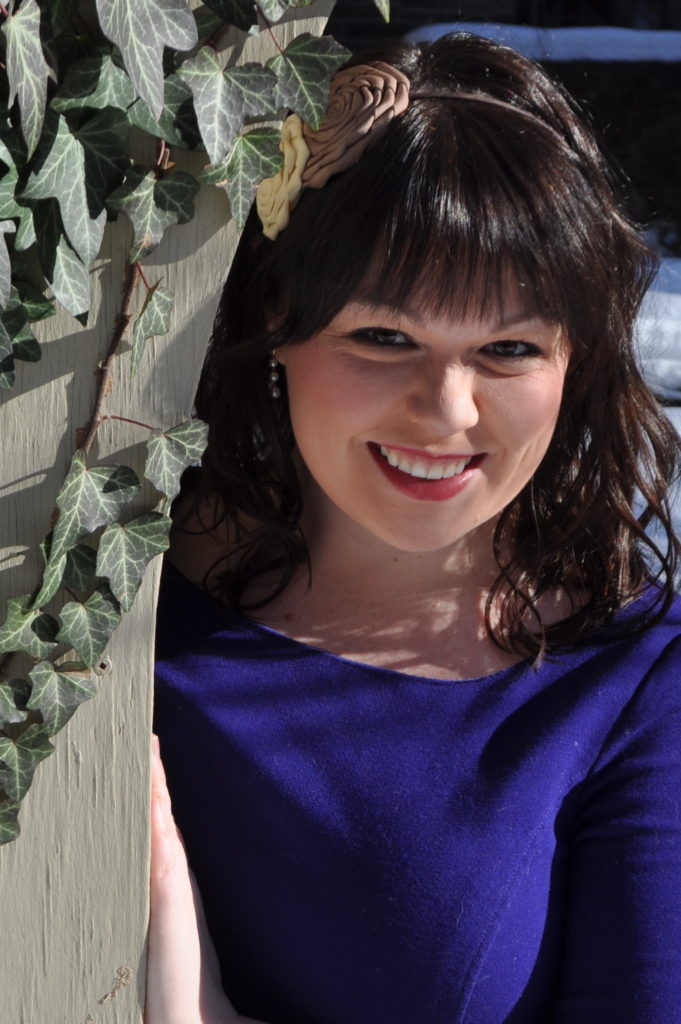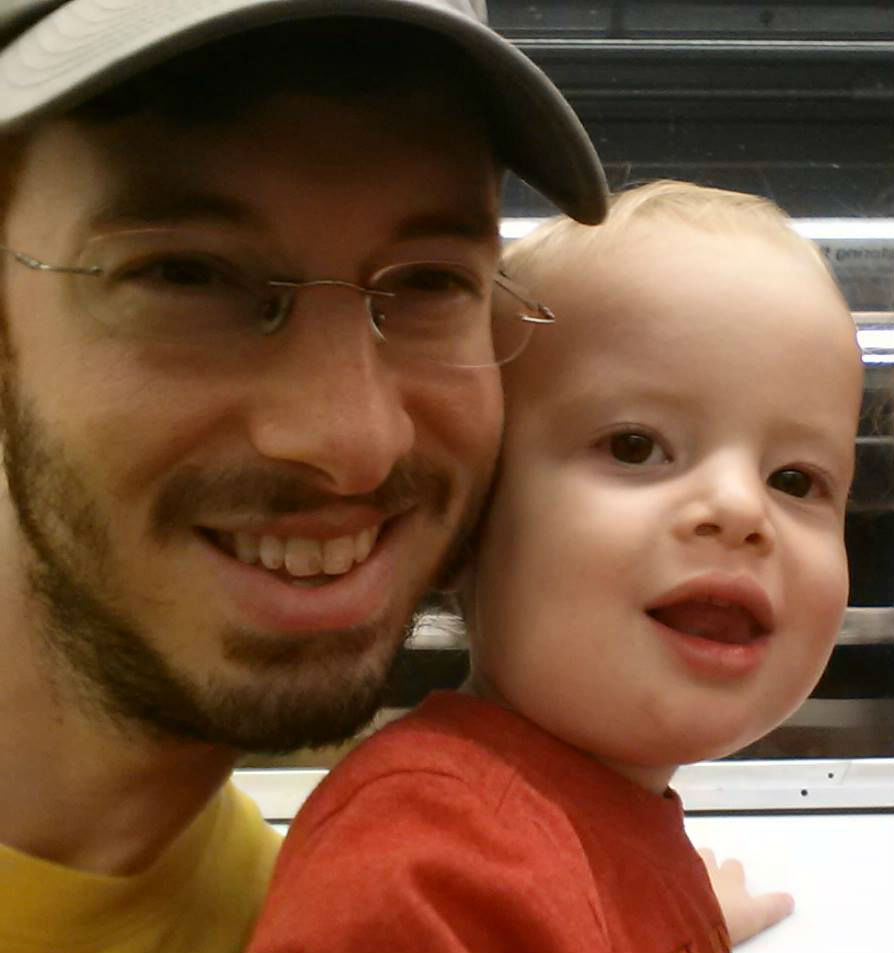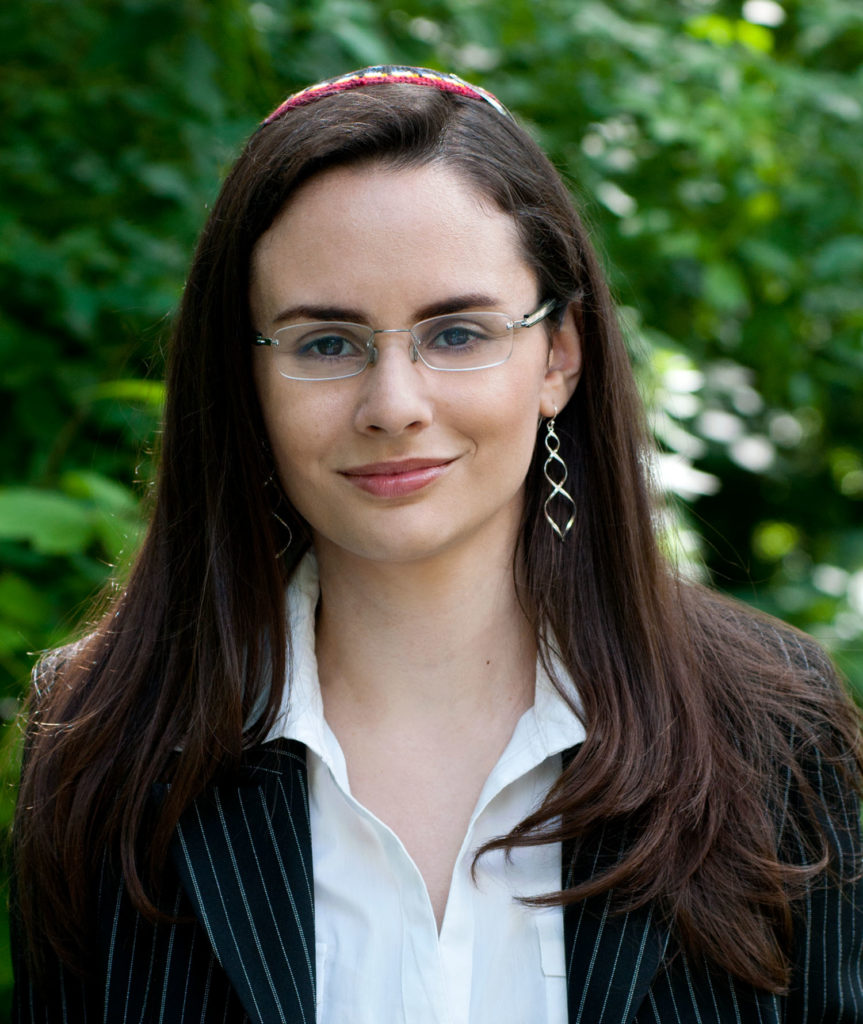
Of Migrants and Midwives
While we know the names of Shifra and Puah, the Egyptian midwives who disobeyed Pharaoh and saved Jewish baby boys, in Parashat VaYislach we meet an unnamed midwife who is present for the precarious birth of Benjamin. According to Genesis 35:16-19, while our migrant ancestors were on an arduous journey en route from Beth El...
read more

